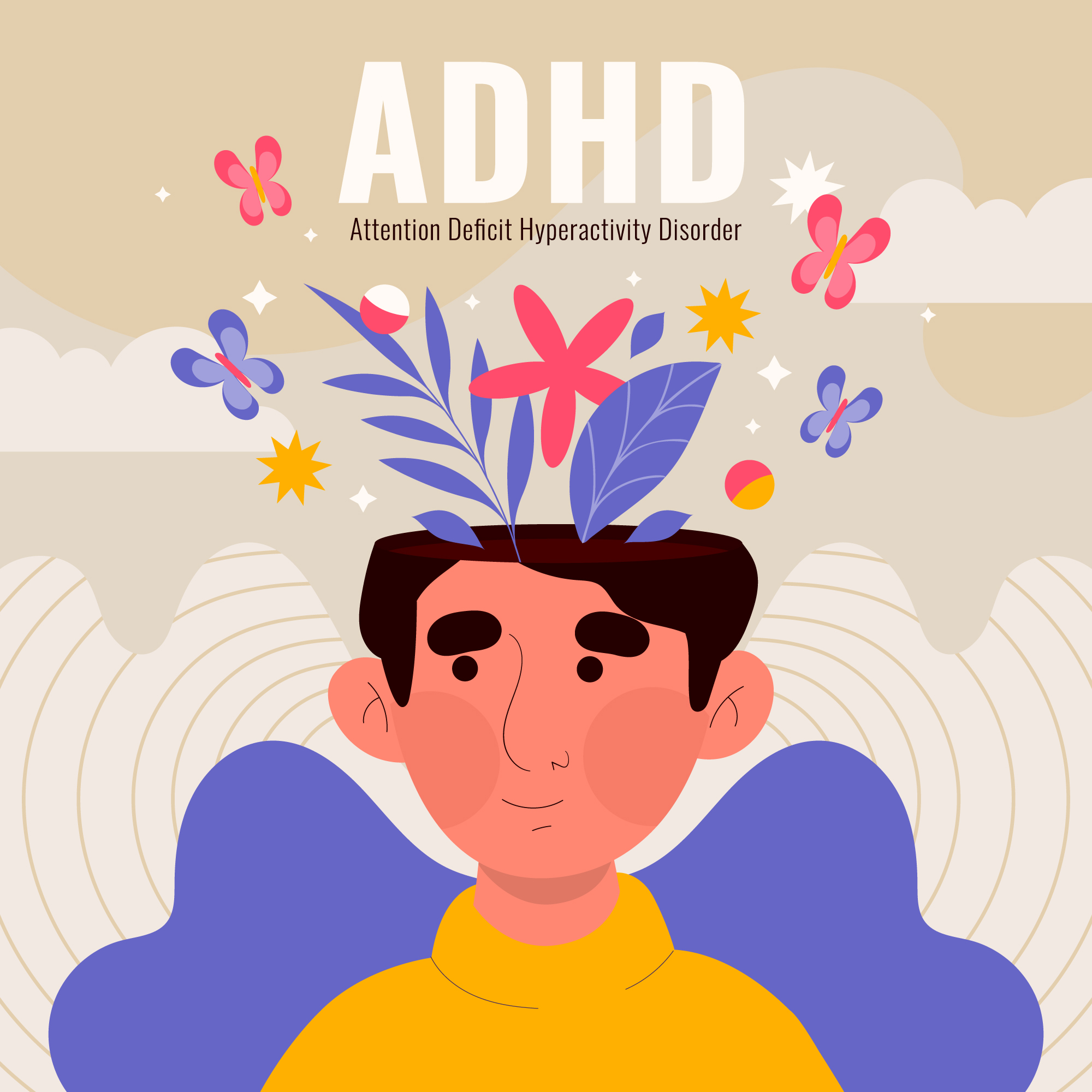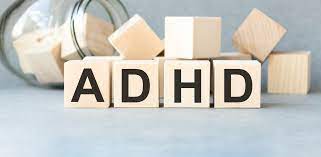Attention Deficit Hyperactivity Disorder (ADHD) is a neurodevelopmental condition that can persist into adulthood, impacting various aspects of life. While medication and therapy are essential components of ADHD treatments for adults, diet and nutrition play a crucial role too. In this comprehensive guide, we’ll explore the influence of diet on ADHD symptoms and provide valuable tips for optimizing your nutrition to improve your quality of life.
Understanding Adult ADHD and Diet
To effectively address ADHD in adults, it’s important to have a solid understanding of the condition. ADHD treatments for adults is characterized by symptoms of inattention, impulsivity, and hyperactivity, which can affect work, relationships, and daily life. Your dietary choices can either exacerbate or mitigate these symptoms.
The Impact of Nutrition on ADHD
Nutritional Influence on Brain Function
Nutrition has a profound impact on brain function and can significantly affect ADHD symptoms. Essential nutrients, such as omega-3 fatty acids, vitamins, and minerals, are crucial for cognitive function, mood regulation, and impulse control.
Sugar, Additives, and ADHD Symptoms
Certain dietary elements, such as excessive sugar and artificial additives, have been linked to increased hyperactivity and decreased attention span in individuals with ADHD. Reducing the consumption of such substances can lead to improvements in symptom management.
Balanced Nutrition for ADHD
The Power of a Balanced Diet
A balanced diet that includes a variety of nutrient-rich foods is essential for managing ADHD symptoms. Focus on incorporating fruits, vegetables, whole grains, lean proteins, and healthy fats into your meals.
Omega-3 Fatty Acids for Focus
Omega-3 fatty acids, found in fatty fish like salmon and flaxseeds, have shown promise in improving focus and attention in individuals with ADHD. Consider adding these to your diet.
The Role of Protein
Protein for Sustained Energy
Protein-rich foods, such as lean meats, poultry, fish, and legumes, can provide sustained energy levels throughout the day. This can help prevent the energy spikes and crashes that often exacerbate ADHD symptoms.
Snacking Smart
Opt for protein-rich snacks like Greek yogurt, nuts, and hummus to maintain stable energy levels and reduce impulsivity.
Hydration and ADHD Symptoms
The Importance of Staying Hydrated
Dehydration can worsen ADHD symptoms, leading to increased restlessness and difficulty concentrating. Make a conscious effort to drink enough water throughout the day.
Limiting Caffeine and Sugar
While caffeine and sugar can provide a quick energy boost, they can also lead to energy crashes. It’s advisable for adults with ADHD to consume these substances in moderation.
Meal Timing and Routine
The Significance of Regular Meals
Establishing a regular eating routine can help manage ADHD symptoms. Consistent meal timing can regulate blood sugar levels, reducing mood swings and restlessness.
Mindful Eating
Practice mindful eating by sitting down to eat, avoiding distractions, and savoring your meals. This can improve focus and help with portion control.
Food Sensitivities and Allergies
Exploring Food Sensitivities
Some individuals with ADHD may have food sensitivities or allergies that exacerbate their symptoms. Common culprits include gluten, dairy, and artificial additives. Consider consulting an allergist or dietitian to explore this further.
Elimination Diets
In some cases, an elimination diet can help identify specific trigger foods. This involves temporarily removing potentially problematic foods and gradually reintroducing them to observe their impact on symptoms.
The Importance of Multivitamins and Supplements
Filling Nutritional Gaps
In some instances, adults with ADHD may benefit from multivitamins or supplements to fill nutritional gaps. Consult with a healthcare provider to determine which supplements are appropriate for your specific needs.
Omega-3 Supplements
If you struggle to incorporate omega-3-rich foods into your diet, omega-3 supplements can be a convenient way to ensure you receive these essential fatty acids.
Conclusion: A Nutritional Approach to ADHD Management
While medication and therapy are often the primary focus of ADHD treatments for adults, don’t underestimate the influence of diet and nutrition. By making thoughtful dietary choices, you can positively impact your ADHD symptoms, enhance your overall quality of life, and take significant steps toward managing your condition. Remember, a balanced diet, proper hydration, and mindful eating can be valuable tools on your journey to ADHD management and well-being.



